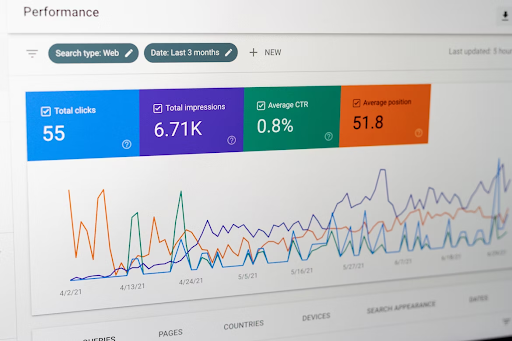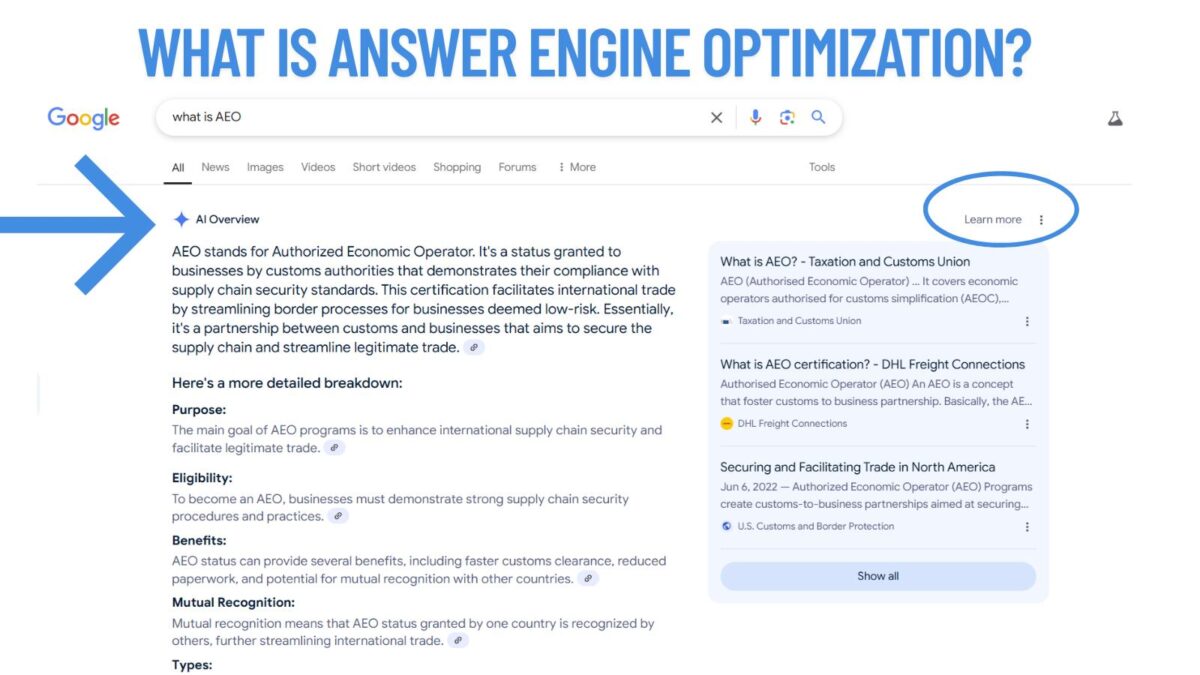Backlink management is the process of monitoring, analyzing, and maintaining the links pointing to your website. These links play a crucial role in search engine optimization.
These backlinks can significantly impact your website’s visibility, authority, and overall performance.
In this article, I will look at the importance of backlinks management tools. I will provide actionable insights on how to manage your backlinks to maintain a healthy link profile.
Table of Contents
Why Is It Important To Do A Link Profile Check-up?
Better Performance
Search engines like Google use backlinks as a ranking factor, considering their votes of confidence from other websites.
A well-managed outbound backlink profile with high-quality, relevant, and diverse links helps improve your site’s performance. This leads to higher rankings in search results.

Valuable Insights For Backlink Management
By tracking and analyzing your backlink profile, you can gain valuable insights into your website’s performance. Then you can identify areas for improvement, and uncover new opportunities for growth.
Reducing Negative Impact From Low-Quality Links
Low-quality or spammy inbound links can harm your website’s SEO and even result in penalties from search engines.
Low-quality links can harm your site’s rankings and reputation, so it’s important to address them. Start by auditing your backlink profile using tools like Google Search Console or Ahrefs.
Identify spammy, irrelevant, or unnatural links pointing to your site. Once you’ve flagged bad links, contact the site owners and request removal.
Also, avoid buying links or participating in link schemes to prevent future issues. Focus on building natural, high-quality links instead—they’re much safer and more effective long-term.
Key Metrics To Track When Checking Your Backlinks
When managing your inbound links, it’s crucial to keep an eye on several key metrics to ensure a diverse and strong link profile. These metrics provide insights into the quality and effectiveness of your inbound links. This helps you to make informed decisions about your link-building efforts.
- The total number of backlinks: Monitoring this metric allows you to track the growth of your profile over time.
- Domain Authority (DA): A higher DA indicates a more authoritative website, which can positively impact your site’s SEO performance.
- Anchor text: Analyzing the anchor texts within your backlinks can help you identify over-optimized or spammy links and ensure a natural, diverse distribution of anchor texts.
- Referring domains: A diverse range of referring domains is crucial for a healthy backlink profile. It demonstrates that multiple sources consider your content valuable and relevant.
- Ratio of dofollow vs. nofollow links: It’s essential to maintain a balanced ratio of do-follow and nofollow links in your website’s profile. An unnatural distribution may raise red flags with search engines.
By understanding how to manage backlinks and monitoring these essential metrics, you can gain a comprehensive understanding of your website profile’s strengths and weaknesses. Therefore, allowing you to develop targeted strategies to improve its overall performance.
Tips For Maintaining A Healthy Backlink Profile
Here are some of the things you can do to make sure your website receives good SEO value from outbound sources:
1. Run Regular Audits For Backlink Management
Conduct periodic audits to analyze your backlink profile and identify any issues, such as broken or toxic links.
Use backlink management tools like Ahrefs, Majestic, SEMRush, or LinkChecker to gather data. These can also monitor the performance of your website’s SEO profile.

2. Protect Existing High-Quality Links
Ensure that your high-quality backlinks remain intact by monitoring them regularly. Then addressing any issues that may arise with your backlink management tools.
For example, if a valuable link is broken due to a change in the linking website’s URL structure, reach out to the site owner. Request an update from them.
3. Disavow Low Quality or Toxix Links
Low-quality or spammy backlinks can harm your website’s SEO performance. If you identify such links during the audit, consider disavowing them using Google’s Disavow Tool.
This process informs Google that you don’t want these links to be considered when assessing your site’s ranking.
However, today in 2025 Google no longer recommends you use this tool, there are calling it useless now.
4. Pursue High-Quality Link Building Opportunities
Focus on acquiring high-quality backlinks from authoritative and relevant sources. This can be achieved through various tactics, such as guest blogging, content marketing, or outreach.
Remember that quality is more important than quantity when it comes to building a strong backlink profile.
5. Monitor and Adapt Your Backlink Management Strategy
Regularly review the tactics and best practices for how you manage backlinks and adapt your strategy based on the results.
If certain tactics aren’t yielding the desired outcomes, try new approaches or refine your existing methods to improve your website’s performance on SERPs.
Bottom Line For Backlink Management
Website owners should not ignore backlinks management because it is a crucial component of SEO.
By understanding its importance, tracking key metrics, and implementing best practices for maintaining a healthy backlink profile, you can improve it. Improving your site’s visibility, authority, and overall performance in search engine results.
What are you doing to improve your backlink management for your website? I’d love to hear more from you about it in the comments below.
FAQs: Backlink Management
A backlink is one link from a website linking to another website. They are usually linking to relevant content, or a source for the information.
A backlink comes from anchor text from one piece of content to another.
You can improve your website’s backlink profile by monitoring them with backlink management tools and then disavow bad spammy links and ensure your best links are protected.
They give you website authority and help your reader navigate information on the web.
You can get started with the right tools and keeping track of them in a spreadsheet.
Getting low quality backlinks to your site, linking to only one page of your website and using the same strategies for years.
- Pinterest Marketing: 6 Secrets To Increasing Traffic - December 13, 2025
- Learn To Boss Your Digital Footprint Before It Starts Bossing You In 2026 - December 12, 2025
- What Are The Most Popular Blog Topics to Blog About in 2026? - December 11, 2025




Thanks for such a useful guide, Lisa. Backlink monitoring is an important aspect as like On-Page SEO. I recently disavowed thousands of spammy links pointing to my blog.
Of course, these links adversely affect a blog’s SEO.
Guest posting on relevant blogs is a great way to improve a blog’s link profile.
You are welcome Nitin. Oh yes, those nasty ones can surely hurt your seo. I do use the disavow tool from Google for those. Thanks for coming by and have a great day.
This is a great guide! I will miss Google Universal Analytics which would alert me of new referral traffic sources. Those were my favorite backlinks! GA4 makes it incredibly complicated
Thanks Ann. I agree and am looking at some alternatives, as more are coming on board. It will be interesting to see which will emerge as one of the best. Have a great day Ann.
As for those low quality or toxic backlinks Lisa, I deleted all of them earlier this year and rarely link to sites these days, save high quality, trusted blogs like yours. I also closed comments after 5 days because 99% of spam arrives on posts older than 5 days and 99% of legit comments arrive on posts younger than 5 days. Of course, spam are low quality links and most legit comments are high quality. However, I also remove all low quality or off niche links even from legit comments. Most of these bloggers quit so I’m saving myself time, energy and headaches when I need to do another strict audit down the road.
Ryan
Hi Ryan, I use the Google disavow tool to get of those toxic links linking to my site. I’m much more careful of where I link to as well these days. Good idea on closing comments after so many days. I have to check where mine are on that. I know I did it a while back but I think I had a much longer window. Thanks for your input. Have a great day Ryan.
Hi Lisa,
I regularly monitor my site backlinks.
I usually look for unique sites, rather than links from the same domain.
My favorite tools are Ahrefs and Semrush, but I also use Wincher for keyword rankings (up to 5 in the free plan).
What’s your favorite one?
Hi Erik, that’s a great tactic getting different ones. I use SEMRush premium and I do have Wincher (free) too. Thanks for coming by on this one and have a great day!